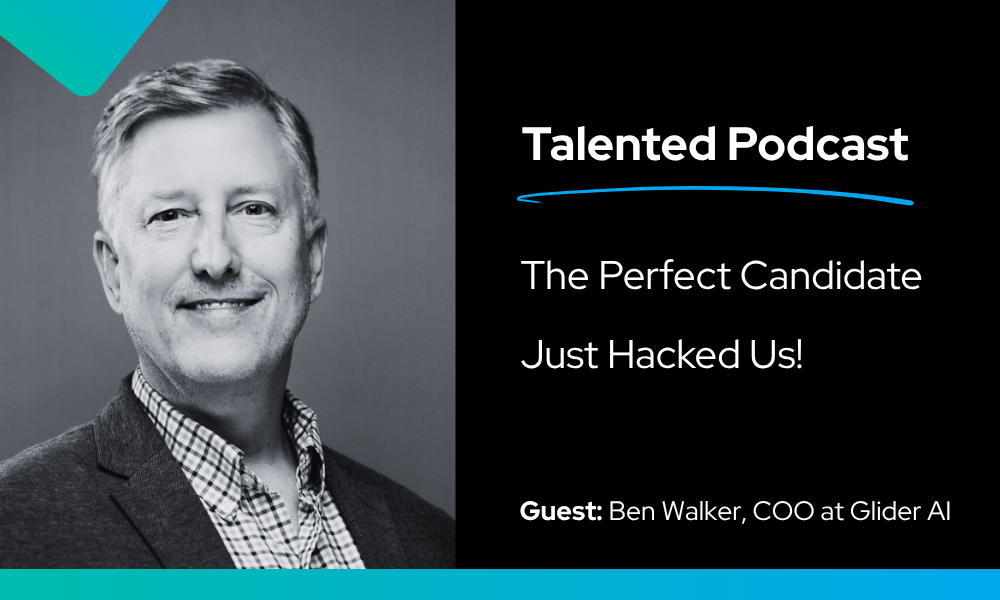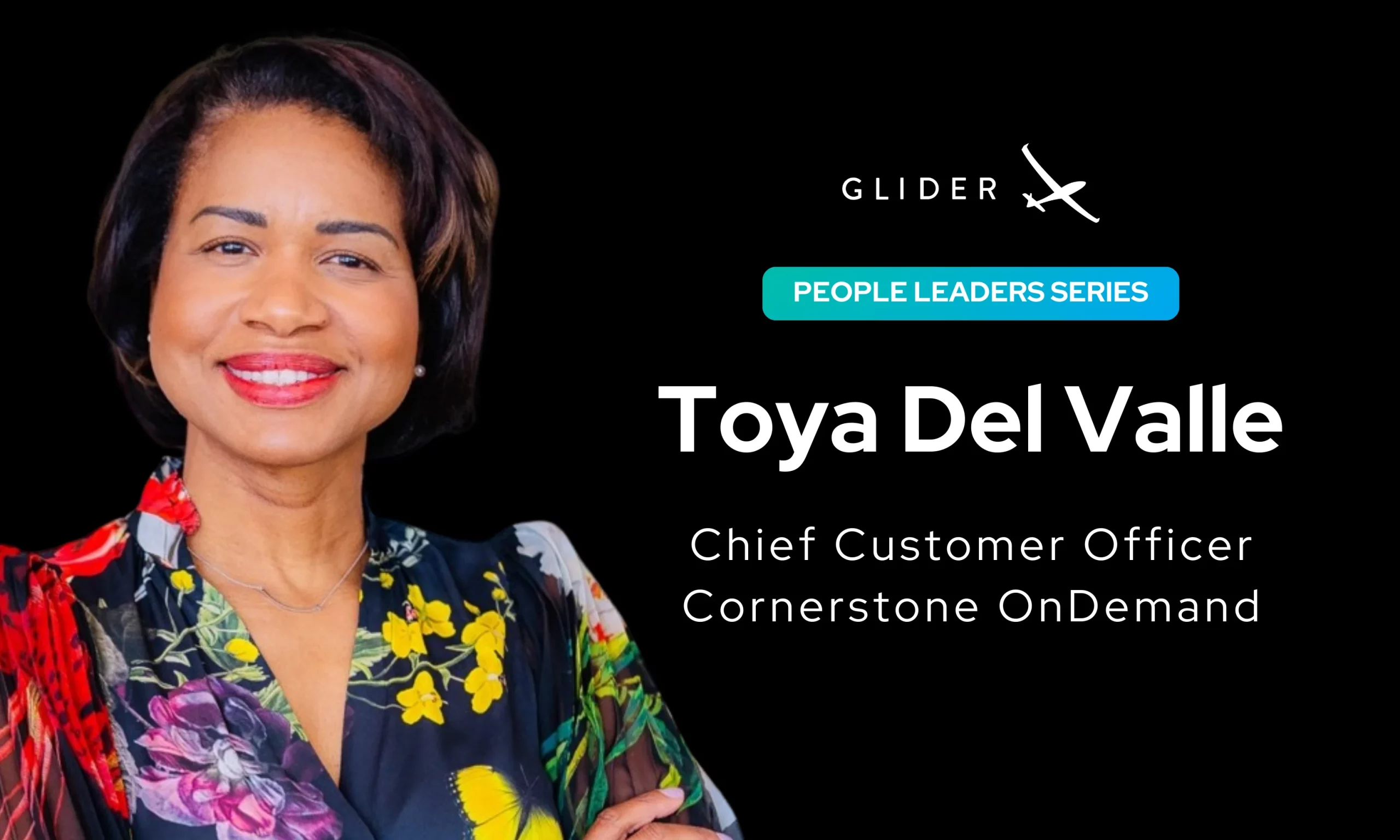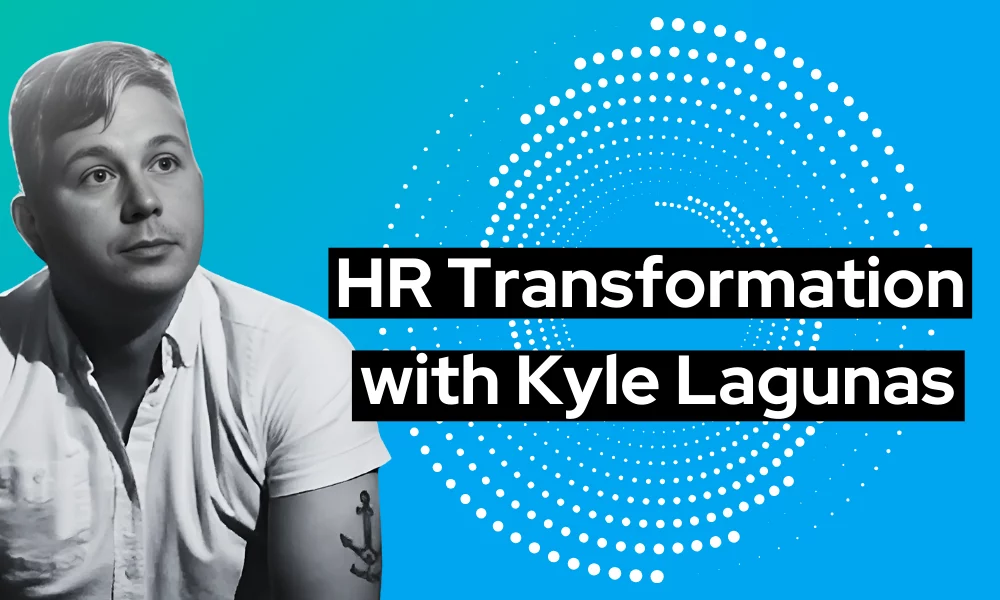
Make talent quality your leading analytic with skills-based hiring solution.

IT companies have greater challenges today than ever before. The competition is constantly getting tougher, which is why every company strives to develop the perfect software solutions to beat the competition. This is why you need to hire experienced, competent, and hardworking developers. However, apart from these factors, there is another point that must be considered when hiring developers. You need to know whether to hire freelance developers (freelancers) or full-time developers. The reason for this is that there are more and more people going for the freelancing option. Freelancing is no longer a part-time solution and at the current growth rate, the number of freelancers will become a majority of the US workforce in the next 10 years. Just as employees are considering whether to get full-time employment or work as contractors, companies also need to consider their workforce options. So let’s see what the differences between these two options are and hopefully help you decide what kind of developers to hire. Here are the things that you must consider:

Even if you hire freelance developers at the highest hourly rate possible, they will still save you up to 30% on an annual level. This is because when hiring freelancers you are not obligated to pay for employee benefits such as retirement plans, health insurance, social security, and so on. Additionally, when hiring a remote employee, you won’t have to pay for their equipment, office supply, parking or office space.
Not only are the average software developer hourly rates much higher, but hiring employees as a part of your organization also adds additional costs. Not only will you have to pay for various benefits but you will also have expenses through rewards, events, training, team building activities, vacations, and so on. Still, if you invest in these things, your employees will be more motivated and become valuable assets that will drive your business forward.

When you hire tech freelancers, bear in mind that they will not be as dedicated to the work they do for you as in-house developers would be. They chose to be freelancers because they don’t want any strings attached and they want to organize their time on their own. In most cases, freelancers have shorter work hours per day and you can’t expect from them to make an extra effort or finish projects faster than in-house employees. They will never put your projects in front of their life and rarely work even an hour longer than you agreed.
Being a full-time developer can be very stressful, as it is an important role but employees understand the commitment they’ve taken upon themselves. Developer job descriptions often require longer work hours, meaning that they will have less free time. Your full-time developer interview questions should revolve around whether they are prepared for this kind of work and how much free time they expect to have. Still, even when hiring programming professionals that are up to the job, it is important to reward them properly for their efforts and try to help them as much as possible with achieving the proper work-life balance.
A lot of freelance developers think that they are following up on the latest trends in the industry but they actually aren’t, as most of them choose the easy way and apply only for jobs that they know how to do. Still, there are those that have more free time and use it to improve themselves and learn about the things that interest them, establishing themselves as experts. A good freelancer will not apply for something that he or she doesn’t know how to do, so this might be a good opportunity to have someone from the outside finish a project that your employees currently can’t do.
A lot of companies today, especially those in the development world, often have to make drastic changes in methodologies, technologies, and approaches to create solutions that are currently in demand. Not only do in-house employees passively learn and hone their skills by cooperating in the working environment, but you will also invest in their training because it pays off in the long-term. The better developers you have, the more positively it will reflect on your business.
In-house developers give you all the security you need. For example, if you are running an e-commerce site its security is highly important and your developers always need to consider this aspect and work on it. If not, they will be held accountable if something happens in the future. Simply put, it’s in their best interest to add layers of security and technology solutions, as the security of their work can reflect on them as well. In-house developers spend a lot more time worrying and working on security and they have better conditions to do so.

Freelancers are lone riders. They are somewhere far away, doing work for various companies on a daily basis. They don’t feel attached to any organization and this means that they won’t be very dedicated to your business. In their eyes, you are “just another gig” that they need to finish neatly and be on their way. They won’t be motivated to prove themselves and do more, but only as much as you ask of them. You might also expect a lower quality of work because they won’t be dedicated just to your project – they work on other ones simultaneously and in development multitasking is bad.
Full-time developers will work in a competitive environment, and if you create a good company culture, they will feel a sense of connection to your business. All of these things will lead to them being more dedicated to their jobs. They won’t just be motivated financially, they will also feel the need to help the whole organization prosper if they feel that they are a part of it.
In the end, it comes down to what your needs are. If you are constantly in need of an additional developer don’t constantly search for reliable freelancers – hire someone full-time and watch them grow into a trusted part of your team that you can rely on. However, if you really don’t have the need for any new employees and you occasionally have to push the gas pedal to the floor, then it might be a better idea to use short-term freelancers and fill a current need you have.

“The Perfect Candidate Just Hacked Us”: Inside the Global Playbook of Hiring Fraud That 100% test score might be your biggest red flag. Enterprise breaches don’t always start with phishing emails; sometimes, they start with a fake job interview. In this episode of Talented, Joseph Cole sits down with COO Ben Walker to unpack one […]

Can HR Stop Playing Buzzword Bingo with Skills and AI? If you’re an HR or TA practitioner or work in HR Tech in any capacity, AI and Skills-Based Hiring is what everyone is talking about. The problem? All the talk is diluting the importance of two very interrelated topics. Glider AI sponsored the Transformation Realness […]

Q&A with HR/TA Analyst Kyle Lagunas The traditional playbook that was HR is being rewritten. AI is reshaping work, skills-based strategies are transforming hiring, and HR teams are under pressure to deliver more with less. HR isn’t just about managing people anymore—it’s about engineering the future of work. In this Q&A session, Kyle Lagunas and Joseph […]